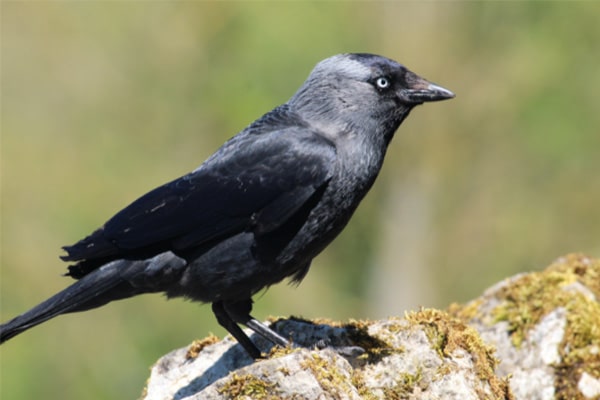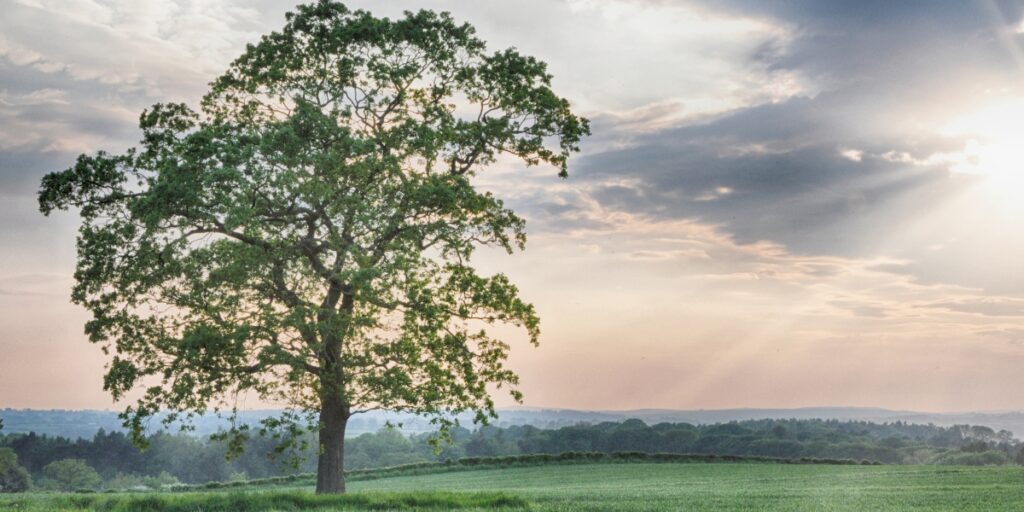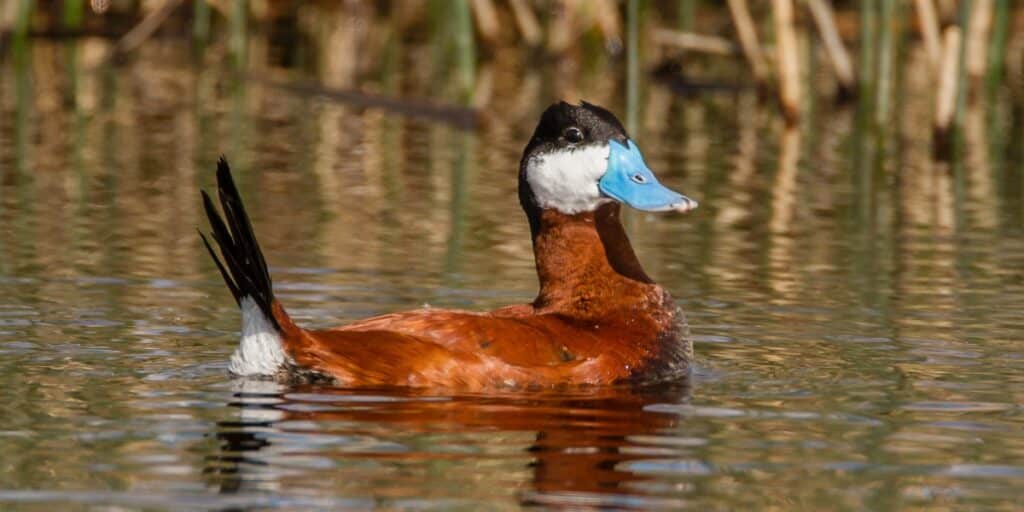
Require the general licence for conservation in Wales?
BASC is calling for users of the general licence for conservation in Wales to provide case studies to rebut NRW’s decision to remove jays, jackdaws and magpies.
Get information on the legal shooting season for mammals and birds in the UK.
Apply for funding for your project or make a donation today
Comprehensive information and advice from our specialist firearms team.
Everything you need to know about shotgun, rifle and airgun ammunition.
Find our up-to-date information, advice and links to government resources.
Everything you need to know on firearms law and licensing.
All the latest news and advice on general licences and how they affect you.

BASC has today called into question Natural England’s (NE) commitment to conservation, as its latest performance data reveals significant failings in its licensing regime – failings that threaten to undermine biodiversity and marginalise those delivering proven conservation on the ground. NE’s own figures confirm it is falling short of its statutory purpose to promote nature conservation, protect biodiversity and conserve landscapes.
The recently published 2023–2024 Key Performance Indicator (KPI) report rates NE’s performance on licences that benefit species conservation as Amber-Red. The poor performance highlights systemic issues across Natural England’s licensing approach, many of which are also playing out in its handling of gamebird release licences and wider regulatory decisions.
This comes despite longstanding evidence that the shooting sector plays a critical role in habitat management, species recovery, and practical conservation delivery across large parts of the countryside. Rather than recognising or harnessing these contributions, NE’s licensing processes continue to create obstacles for land managers and gamekeepers. The failure to work with the shooting community is not just a missed opportunity – it actively undermines the very outcomes NE claims to prioritise.
“NE’s own data tells a story of failure when it comes to licensing for species conservation,” said BASC’s interim head of law, Dr Alex Murray. “The system is unfit for purpose. It is not supporting those who are actively delivering real outcomes for wildlife on the ground and people who rely on timely, clear, and science-based decisions from the regulator.
“NE’s poor performance on licensing is not a technical glitch but a symptom of a deeper failure to engage with the people and practices that are vital to conservation.
“We have decades of evidence that properly managed shooting and predator control benefit ground-nesting birds, rare habitats, and overall biodiversity. Yet this continues to be ignored or sidelined by NE’s internal processes. The result is a broken licensing system and, ultimately, declining conservation outcomes.”
The criticism is part of a wider concern that NE’s metrics and delivery mechanisms do not account for the measurable, landscape-scale benefits provided by shooting interests, particularly in upland and moorland areas.
Image credit: Topshots photo comp 2019/Richard Elsmore

BASC is calling for users of the general licence for conservation in Wales to provide case studies to rebut NRW’s decision to remove jays, jackdaws and magpies.

Shoot owners who manage grassland habitats can apply for annual funding of up to £646 per hectare from Defra.

Invasive non-native species pose a significant threat to biodiversity in the UK and cost the economy billions of pounds every year.